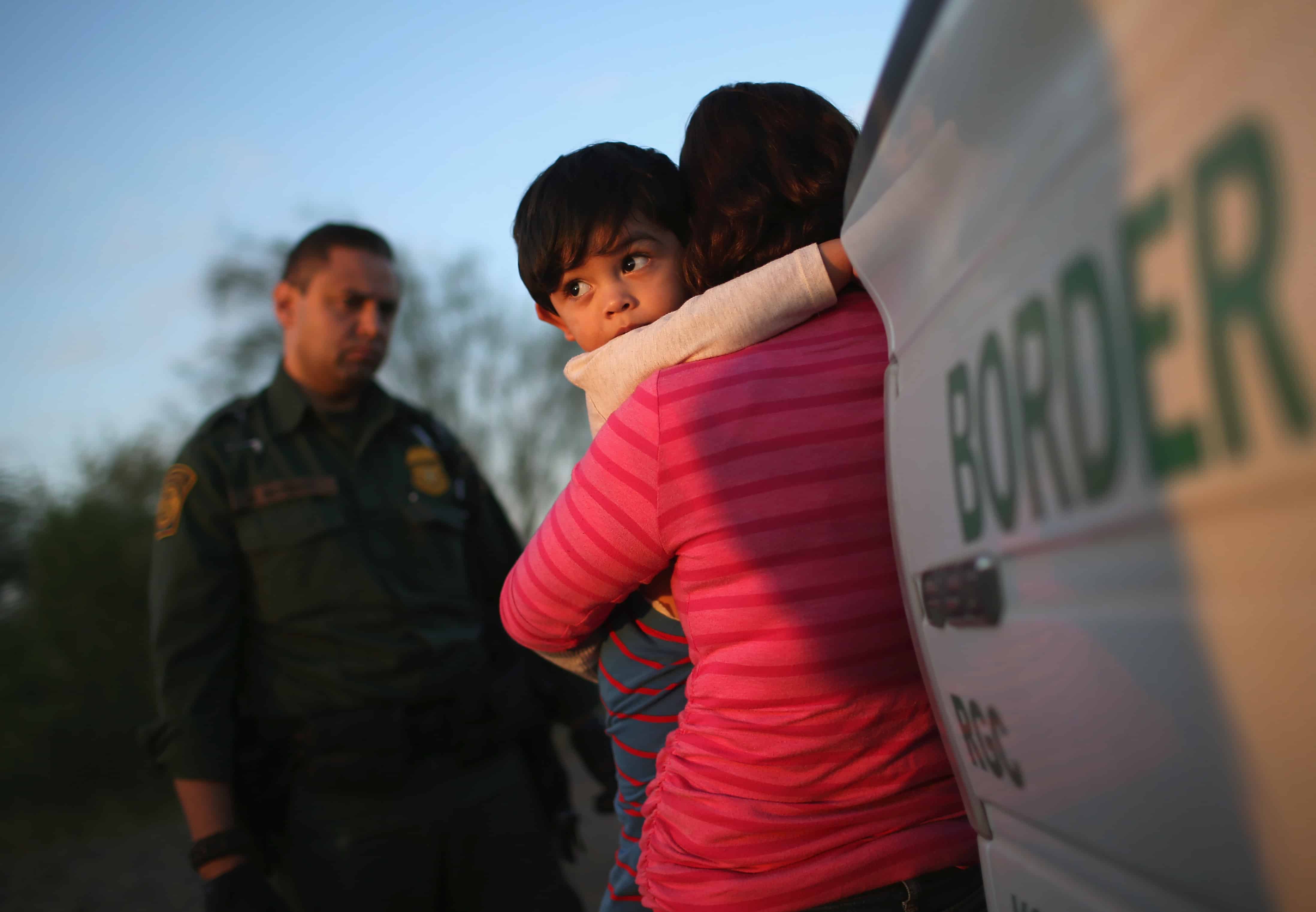At 15, I.B. fled poverty and an abusive father in Guatemala. She emigrated alone to the United States, like hundreds of children living in shelters whom Donald Trump’s administration tried to deport en masse.
She entered the United States, presumably from Mexico, without an adult and without legal status. Between October 2024 and August 2025, 28,687 cases of “unaccompanied” migrant minors were recorded, 70% fewer than in the previous period.
Hundreds are Guatemalan, many from poor Indigenous communities threatened by gangs. I.B.—the minor’s initials—is Q’eqchi’ Indigenous. She arrived in September 2024, was admitted by the government’s Office of Refugee Resettlement, and sent to a foster family in Connecticut.
“I left Guatemala because of everything I suffered there. I had left school to work and help my family; sometimes we ate from the trash (…). My father abused me,” she said, according to a court document. In August, immigration agents asked her if anyone could receive her in Guatemala. “No one asked me if I was afraid to go back, and I am,” she explained.
I.B. is represented by the NGO National Immigration Law Center, which in August halted the mass deportation of 76 “unaccompanied” Guatemalan minors taken from their shelters and put on a plane at the Harlingen, Texas, airport.
I.B. was not in that group, but 17-year-old F.O.Y.P. was. “They came into my room and told me they were taking me to another shelter. They gave me 30 minutes to get ready (…). Then I found out they were taking us to Guatemala,” he said.
They waited four hours on a bus and another four on a plane that never took off. Some children panicked. They were then returned to the shelters.
Minors and a shelter employee alerted lawyers, who urgently asked a judge to stop the deportation. They argued it was illegal to return the children without an immigration judge deciding their cases as required by law.
A judge temporarily halted the operation, and in mid-September, U.S. District Judge Timothy Kelly in Washington, DC, blocked it until a final decision is made. The Trump administration has not yet appealed.
Who is waiting for them?
Mary McCord, director of the Institute for Constitutional Advocacy and Protection and part of the defense team, said this is not only a victory for Guatemalan children but also for other unaccompanied minors, since the “court concluded that attempts to expel them without legal protections could be unlawful.”
According to the United States, 327 Guatemalan children over 14 qualify to return under a bilateral agreement amid the Trump administration’s anti-immigrant push. Guatemala says the number exceeds 600 minors.
The Department of Homeland Security said these minors should be with their families. But “there is no evidence before the Court that the parents of these children requested their return,” Judge Kelly said. He added that Guatemalan authorities did not locate the parents of most of the children the government deemed eligible for deportation.
I don’t want to go back
“My foster family treats me well and supports me. I feel safe. I don’t want to go back to Guatemala,” said I.B. Guatemalan President Bernardo Arévalo explained that the decision to repatriate these minors is based on the fear that, when they turn 18, they could be taken from their shelters and sent to Immigration and Customs Enforcement detention centers, known as ICE.
“Any unaccompanied child who is in a position to return voluntarily or by court order, we will be prepared to receive,” he added. “My mom wants me to be safe and she knows my life is in danger if I return (…). I told the judge, but it didn’t matter because they still tried to deport me,” said Z.I.M.T.T., a teenager from the K’iche’ Indigenous group.
M.A.L.R., an Indigenous minor from the Mam group, said that on August 29 a judge told her that her name was on the list of children they wanted to send back; but she does not want to go. When she was taken from her foster family to be brought to the airport, she felt sick, got a fever, and almost vomited on the bus. After the failed deportation, she was sent to a shelter.
She fled Guatemala at 15 after being threatened with death by a man she refused to have a relationship with. B.M.R.P., M.A.’s mother, confirms her fear. “She is in danger if she returns (…). I only ask that my daughter be safe, without going back to Guatemala.”






